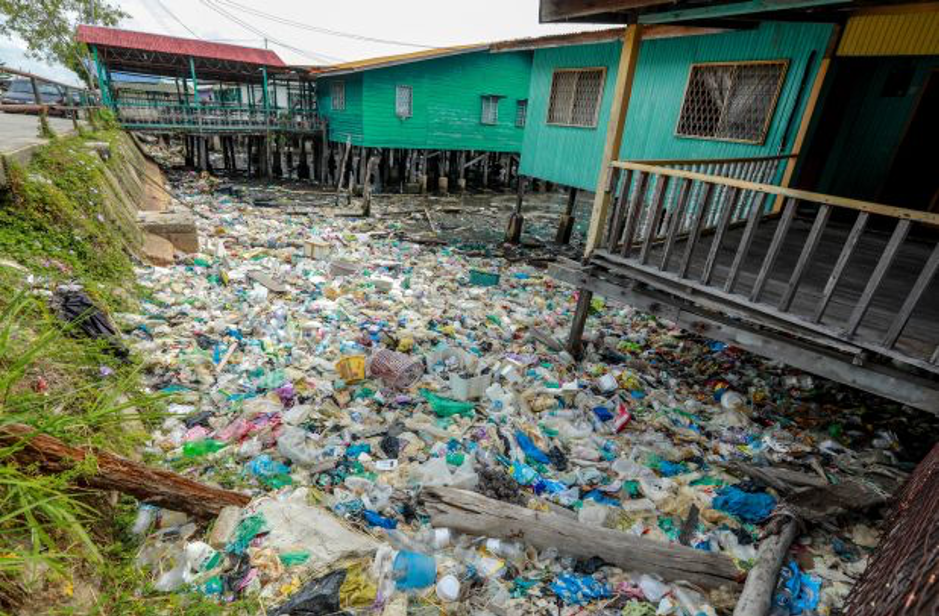SYMBIOTIC: Social-Industrial sYmbiosis of Malaysia’s BIO-plasTIC wastes
A waste collection system designed to produce clean plastic and food waste streams for recycling, as well as engagement to support behaviour change.

16 March 2020
The Challenge for the Research
Less than 25% of Malaysia’s annual 42M tonnes of municipal solid waste (MSW) is recycled. The organic fraction represents a wasted 13.1TWh while 6.3M tonnes of plastic ends up in landfill annually. Bioplastics could replace single use plastics, however it largely utilises controversial food crop feedstocks and is only fully degraded through industrial composting - not currently available in Malaysia. SYMBIOTIC will explore the social and industrial synergies in valorising Malaysia’s organic and plastic waste streams with strong, complementary partners addressing Malaysia’s waste and recycling challenges. It will investigate the integration of scalable, demonstration-ready technologies with community engagement strategies to create a circular economy (CE) model that reduces poverty and social/gender inequality. The project’s focus on Sandakan, a poor coastal area with inadequate waste infrastructure and high levels of pollution.
Project aims
- To co-design a waste collection system with stakeholders that meet user needs and produces clean plastic and food waste streams for recycling. It will target lower income (B40), water village community groups as well as local government, businesses and other important regional stakeholders
- To support behaviour change through a well designed engagement programme that takes into account existing barriers and facilitators around waste and recycling behaviour, and determines the most appropriate communication style for each stakeholder group
Planned approach
- Create a maker space enabling local community members to use recycling technology to make practical products relevant to their daily needs;
- Educate stakeholders around the waste hierarchy, climate change and circular economy enterprise/industrial opportunities
- Deliver interactive workshops designed to empower people with the skills to become more self-sufficient, waste less and save money.
These measures will transform people’s perception of waste into valuable resources, improving the infrastructure and wellbeing of poorer communities and catalysing public support for large-scale recycling industries to meet Malaysia’s urgent waste management needs.
Project Funders and Investigators
This project is funded by Innovate UK Newton Ungku Omar Fund and brings together teams from across disciplines of computer science, behavioural science, environmental science and industry.
UCL Principal Investigators:
Dr Caroline Wood, UCL IRDR Centre for Digital Public Health in Emergencies
Partners:
Period of Award
March – June 2020
 Close
Close

